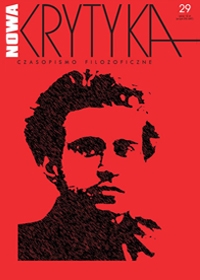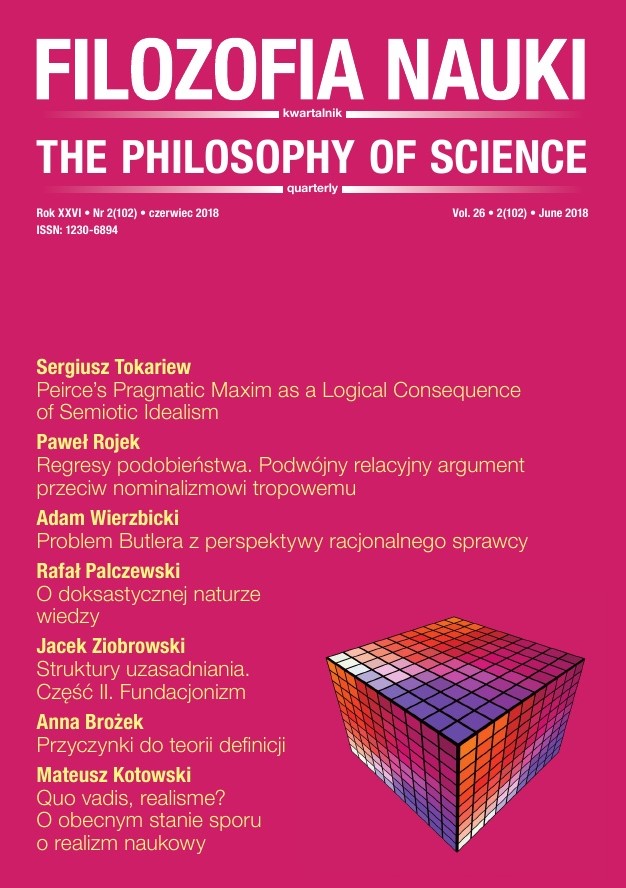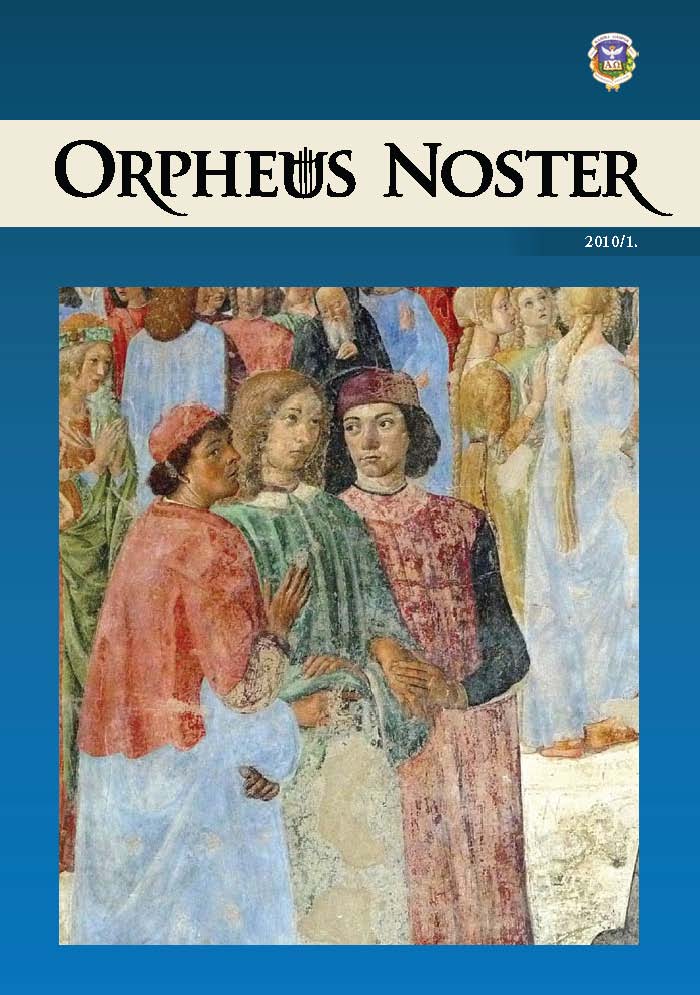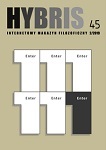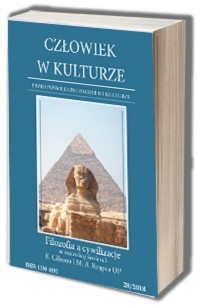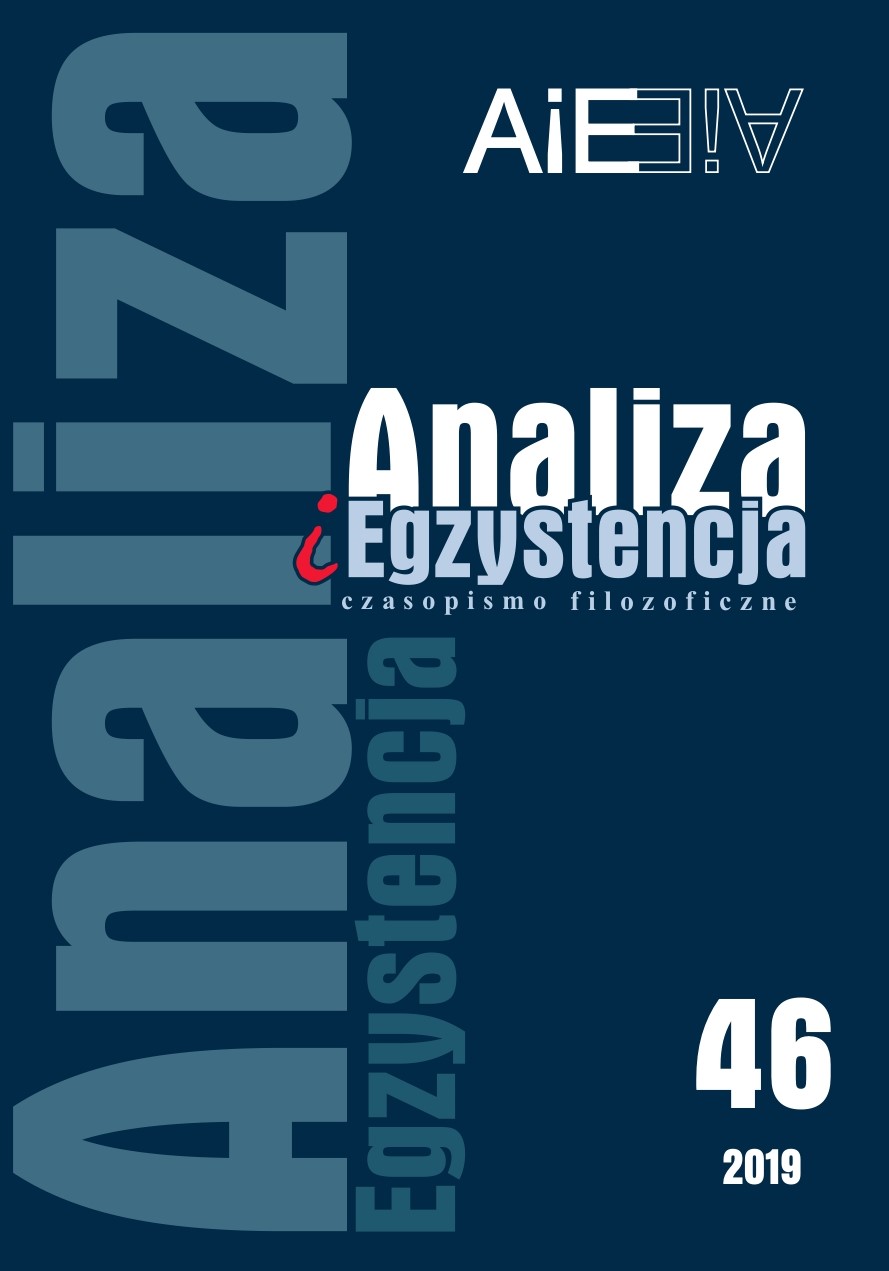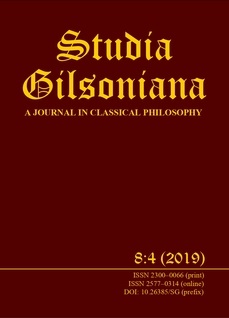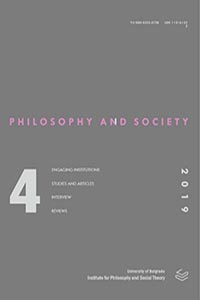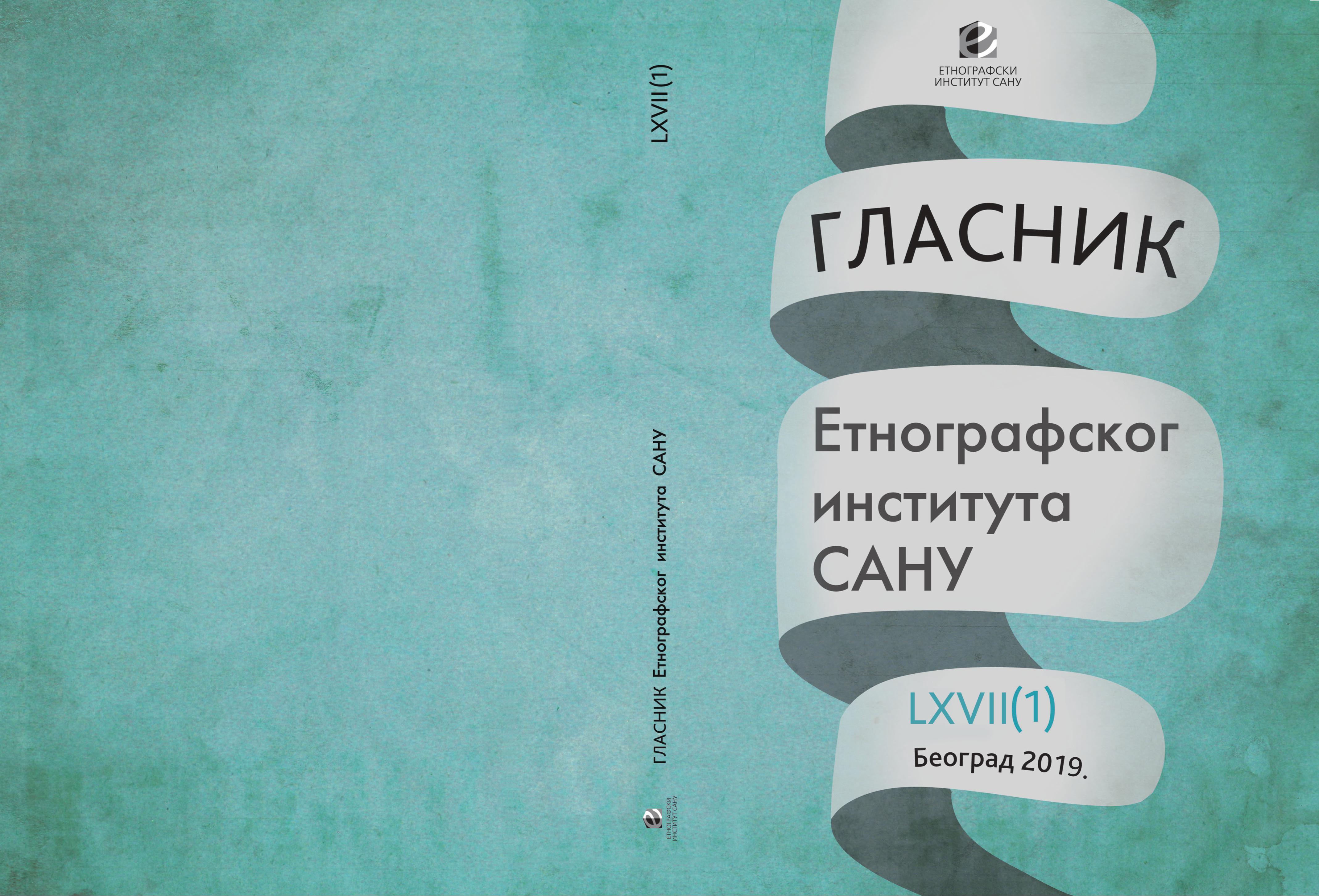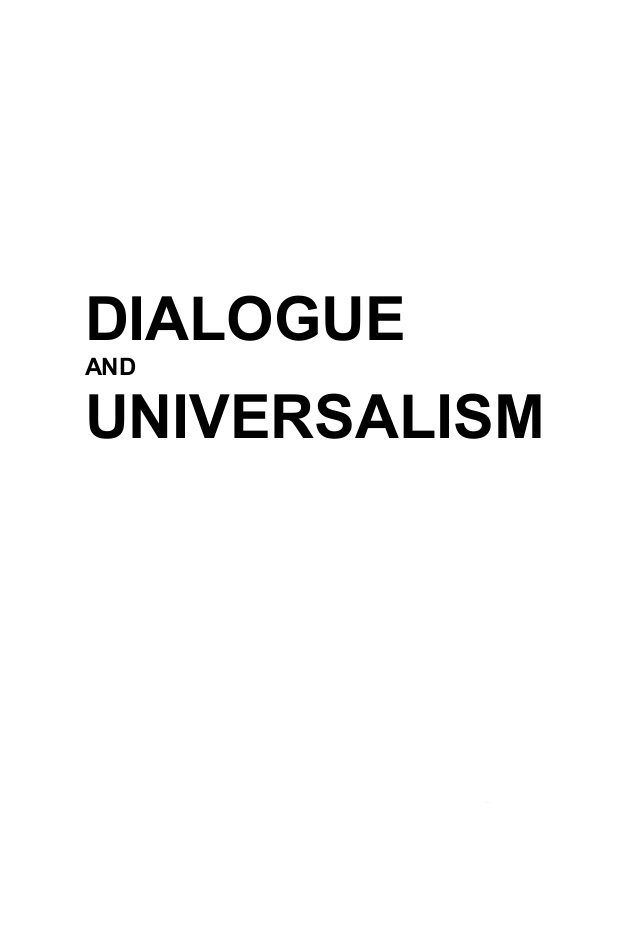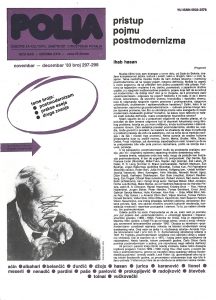
Norma komunikativne zajednice
Filozofska pitanja nisu nešto što se konstituiše nezavisno od »duhovne situacije vremena«. Naše doba obeležava golemi rast znanstveno-instrumentalnog delanja s jedne strane, što očito nije u funkciji dominium hominis na Zemlji, kao i odnosi dominacije, represije i spoticanja. U skladu s tim osnovno pitanje vidim u očuvanju bitno Ijudskog i njegovim mogućnostima otpora i kontrole procesa instrumentalno-strategijskog delanja. Retorički, to pitanje ima oblik: kako je moguće očuvanje Ijudskosti u uslovima tehnički razvijenog sveta i političke dominacije?
More...

